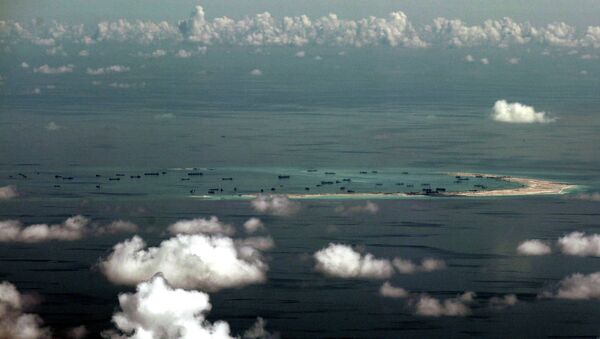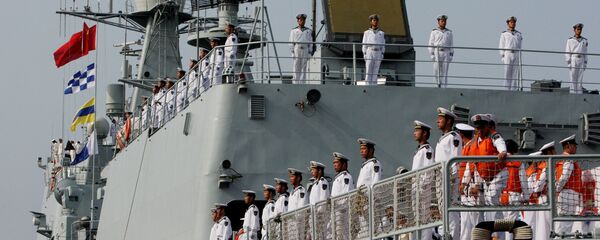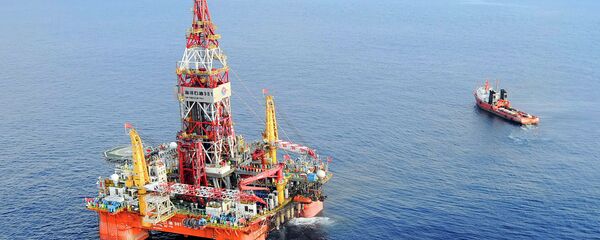"Certain nations kind of take advantage or do things that are short of conflict," Gen. Robert Neller, commandant of the US Marine Corps, said during a panel at the Navy League’s Sea-Air-Space exposition on Monday.
"They are very subtle and very calculated, but they don’t support the stability of the region."
While it may seem, at first, that Neller is talking about the United States’ actions in the South China Sea, which have sought to undermine Beijing’s influence, he is actually referring to China.
Washington has long been critical of Beijing’s construction of artificial islands in the Spratly archipelago, even as China maintains it has the right to build within its own territory and that the islands will be used primarily for humanitarian purposes. In protest of the land reclamation projects, the US has pushed its Pacific allies to take a more active role in countering China’s growth.
"We are a nation of laws, we go out and do what we do to support international law," Neller said.
"What we cannot do is stop talking, even if we disagree. There may be actors who would potentially do some things that we don’t agree with and we need to maintain communication with them. And tell them that their actions are potentially disruptive to the stability of the world."
In recent months, the Pentagon has conducted freedom of navigation patrols to challenge Beijing’s territorial claims. According to Neller, these operations will continue despite China’s objections.
"In the near term, we have to be able to meet our treaty obligations and exercise our sovereign rights under international law to transit the seas. And we’ll see where that takes us. Hopefully that creates stability and not instability."
China has pushed back against these operations. In March, Chinese Foreign Minister Wang Yi accused the US of stirring up regional tensions.
"I want to remind some people that the freedom of navigation doesn’t give them a license to do whatever they want," Wang told Xinhua News Agency.
"If someone wants to muddy the waters in the South China Sea and to destabilize Asia, China would not agree to it, and I think the overwhelming majority of countries in the region would not allow that to happen."
In an op-ed published earlier this week, Chinese diplomats Fu Ying and Wu Shicun pointed out that, until recently, the US and the international community recognized Beijing’s Spratly Islands claim.
"Before the 1930s, there was no dispute over China’s ownership of them, as reflected in many maps and encyclopedias published around the world," the article reads, according to the China Daily.
"For a long time afterwards, the United States made no objections whatsoever," they add. "Obviously, China’s position was recognized and acknowledged."
A hotly-contested region through which roughly $5 trillion in trade passes annually, the South China Sea is claimed by China, the Philippines, Taiwan, Indonesia, Malaysia, Brunei, and Vietnam.
The US has no territorial claims in the region.





